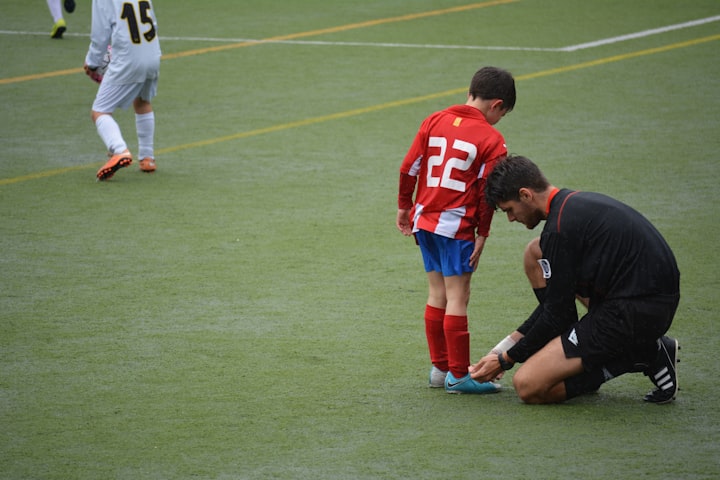The Super League has won a court case against UEFA!

Article Structure
- Introduction
- Background of the Case
- Details of the Court's Decision
- Implications for UEFA and FIFA
- Reaction from Super League Clubs
- Impact on International Football
- Conclusion
Detailed Sections
Introduction
In a landmark ruling that could redefine the landscape of European football, the Court of the European Union has ruled against UEFA and FIFA in their legal battle with the Super League. This decision marks a significant moment in the sport, potentially altering the power dynamics between these governing bodies and the elite clubs involved in the Super League. The court found that UEFA and FIFA had abused their dominant position, leading to a radical shift in how football competitions may be organized in the future.
Background of the Case
This section will delve into the origins of the conflict between the Super League clubs and UEFA/FIFA. It will cover the announcement of the Super League, the initial response from UEFA/FIFA, and the escalation to legal proceedings. The motivations of the Super League clubs and the concerns raised by UEFA and FIFA will be explored to provide a comprehensive background.
Details of the Court's Decision
The core of this section will focus on the specifics of the court's ruling. It will detail the legal arguments presented by both sides, the court's reasoning for its decision, and the specific findings regarding the abuse of dominant position by UEFA and FIFA. This part will also explain the immediate legal implications of the ruling.
Summary of Remaining Sections
Implications for UEFA and FIFA
This section will analyze how the ruling affects UEFA and FIFA's authority and their future role in governing European football. It will discuss potential changes to competition structures and governance models.
Reaction from Super League Clubs (Approx. 300 words)
Here, the focus will shift to the Super League clubs' reactions. Statements from club officials, managers, and players will be included, along with their plans following the court's decision.
Impact on International Football (Approx. 400 words)
This part will broaden the scope to consider how the ruling might influence football beyond Europe, including potential effects on international tournaments, player transfers, and global football governance.
Conclusion (Approx. 261 words)
The conclusion will summarize the key points of the article, reflect on the long-term implications of the court's decision, and propose questions about the future of football governance and competition.
Opening Sections in Detail
Introduction
In a groundbreaking verdict, the European Union's Court has ruled in favor of the Super League in its legal battle with UEFA and FIFA. This decision, a significant juncture in the history of football, challenges the longstanding dominance of UEFA and FIFA in the sport. The court concluded that these governing bodies had misused their authoritative positions, setting the stage for a potential overhaul in the organization of football competitions. This ruling not only vindicates the Super League clubs' stance but also paves the way for new possibilities in the world of football.
Background of the Case
The genesis of this legal battle dates back to the announcement of the Super League, a proposed elite competition comprising Europe's top football clubs. This initiative, viewed by many as a direct challenge to UEFA's Champions League, was met with immediate backlash from UEFA and FIFA. Both organizations threatened sanctions against the participating clubs and their players, leading to a tense standoff. The Super League clubs, citing a desire for more control and revenue, moved forward, while UEFA and FIFA defended their position as protectors of the sport's integrity and tradition. The dispute escalated into a legal confrontation, with the Super League clubs accusing UEFA and FIFA of monopolistic practices and the governing bodies asserting their role in maintaining a fair and competitive environment in football.


